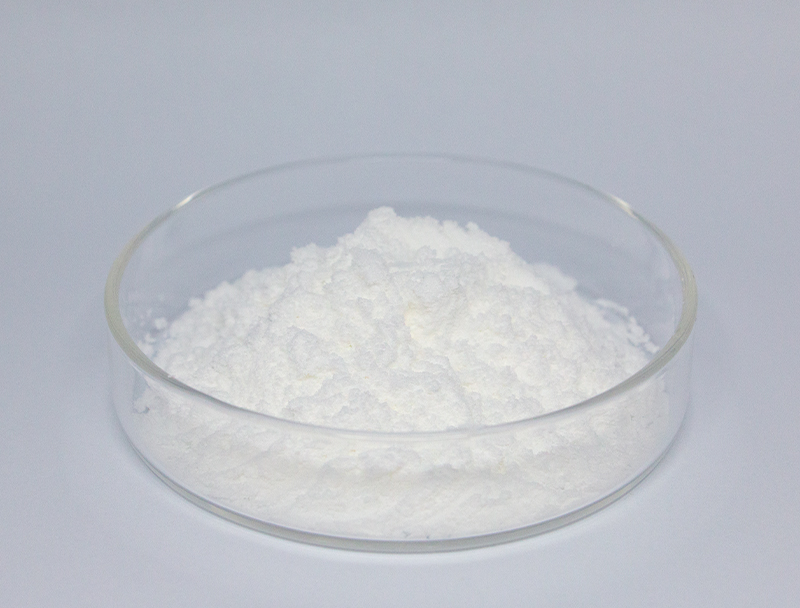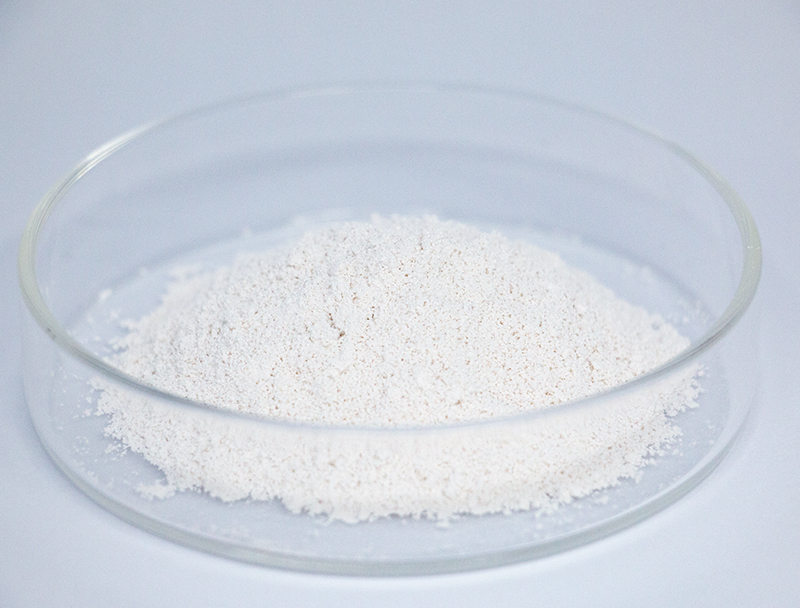
Advanced biosystems are built around a diverse spectrum of raw materials to supply inventive bioproducts.
Maintaining environmentally mindful sourcing is critical to longevity and principled development in the sector.
many concerns related to standard raw input procurement such as soil erosion and unchecked resource extraction. Accordingly, manufacturers should embrace green sourcing tactics to shrink their ecological impacts.
- Situations demonstrating ethical sourcing encompass:
- Integrating compostable agricultural waste into supply chains
- Deploying circular process designs to reduce discard and boost reuse
- Connecting with nearby vendors prioritizing responsible supply
The transition to greener sourcing offers both planet-friendly outcomes and business advantages.
Maximizing Feedstock Quality for Increased Biofuel Output
Raising biofuel yields involves refining feedstock structure and content. Researchers repeatedly investigate innovative methods to enhance feedstock potential, leading to higher yields of biofuels and a more sustainable energy future. Initiatives integrate bioengineering to scale biomass production and pretreatment workflows to free fermentable sugars.
- Likewise, initiatives explore candidates such as algal biomass, process wastes, and agricultural leftovers to extend sustainable feedstock availability for fuels.
- As a result of relentless efforts the industry should deliver significant enhancements paving a path to sustainable energy.

Optimizing Early-Stage Biomanufacturing Processes
involves foundational activities from cultivation to biomass harvest Current advancements have streamlined operations and improved bioproduct yields.
Salient improvements involve specialized expression hosts, fine-tuned media strategies, and next-gen bioreactor concepts. These strategies improve manufacturing efficiency and lessen cost and ecological effects.
- Moreover, continuous manufacturing adoption is enabling dynamic control and greater adaptability in upstream workflows.
- This shift towards more sophisticated biopharmaceutical manufacturing methods promises to revolutionize the industry and pave the way for faster development of novel therapeutics.

Next-Gen Gene Editing for Enhanced Protein Expression
advances in genomic editing tools including CRISPR have transformed therapeutic manufacturing. Using precise gene interventions, engineers raise the output of key therapeutic proteins. The approach may facilitate scalable, low-cost therapeutic production for numerous diseases.
Harnessing Microbial Biotechnology for Sustainable Bioremediation
innovative solutions for sustainable bioremediation, a critical process for addressing environmental pollution. Microbial species can metabolize and convert hazardous compounds into benign byproducts.. Harnessing microbe-based degradation fosters cleanup tactics that minimize environmental disruption and residual waste.. Study groups probe microbial metabolic diversity to tackle metals, persistent pesticides, and hydrocarbon spills.. The microbes may be applied within engineered reactors or in situ to catalyze pollutant degradation via biotransformation..
Microbial-based approaches to remediation bring considerable advantages over traditional solutions. These methods are economical and eco-conscious while reducing hazardous secondary waste. Also, microbial interventions offer targeted remediation that minimizes collateral ecosystem disturbance. Work in this area evolves rapidly to optimize the success rates and scalability of bioremediation solutions.
Bioinformatics' Impact on Drug Design
Bioinformatic tools play an increasingly crucial role in the modern landscape of drug discovery and development. From target selection to safety profiling, bioinformatics empowers rapid, data-informed therapeutic design.
- By analyzing vast datasets of genomic, proteomic, and clinical data, bioinformaticians can uncover novel drug targets and predict the activity of potential therapeutics.
- Furthermore, computational modeling of drug–target interactions aids rational design of higher-performing therapeutics.
- Ultimately, bioinformatics modernizes development workflows and expedites access to safe, beneficial medicines.
Optimizing Metabolism to Increase Bioproduct Production
implements many strategies to improve microbial output of desired bioproducts. Programs use genetic redesign of metabolic networks, dynamic regulation of expression, and addition of heterologous genes to unlock new capabilities. By fine-tuning these processes, engineers can significantly increase the yield of desired bioproducts.
Such an integrated approach may disrupt diverse fields including therapeutics, crop science, and sustainable fuels.

Upscaling Biopharma: Obstacles and Potential Gains
Industrial-scale production introduces demanding hurdles as well as strategic advantages. Retaining quality standards during scale enlargement is a core difficulty. Addressing it demands strong process governance, accurate real-time analytics, and advanced measurement systems.

Process intricacy spanning various stages creates significant scale-up complexities.. Converting small-scale procedures to plant-scale operations necessitates extensive innovation and optimization.. Yet, the returns can be substantial. Proper scaling can increase therapy supply, reduce expenses, and elevate profitability.
Multiple programs focus on resolving scale-up difficulties. Initiatives involve optimization platforms, high-resolution analytics for process control, and novel manufacturing frameworks.
- R&D initiatives significantly drive enhancements in manufacturing capacity.
- Regulatory bodies are modernizing pathways to accelerate approval of advanced production technologies and support innovation.
Regulatory Strategies for Biopharma Compliance and Patient Protection
Advancing biopharmaceuticals involves heavy regulatory scrutiny to secure product safety and proven efficacy. Products of biological origin introduce specific challenges that differ from standard drug development.
Organizations like the FDA and EMA provide essential guidance and set standards for authorizing novel biotherapeutics..
Robust assay and safety testing are obligatory from discovery through post-marketing surveillance.. The processes aim to expose risks and ensure that treatments meet exacting safety benchmarks.
Furthermore, regulatory bodies are constantly evolving their approaches to keep pace with the rapid advancements in biopharmaceutical research.. Policies involve deploying novel tech and expediting development while preserving commitment to patient safety.

Plant-Derived Feedstocks as a Route to Sustainable Bioplastics
Heightened demand for sustainable products accelerates efforts to develop renewable material alternatives. Among these, bioplastics, produced from plant-derived biomass feedstocks, offer a promising avenue towards a greener future. Biomass sources such as cornstarch, cellulose, and sugarcane are usable to produce plastics that biodegrade and reduce ecological impact.
Similarly, selected bioplastics offer analogous properties to traditional plastics suitable for many applications.. Ongoing studies and technology development are vital to exploit plant feedstocks for bioplastics and foster a circular economy.
Biotechnology's Impact on Global Health and Food Security
Emerging biotechnologies deliver avenues to improve health outcomes and secure food resources. Through advancements in Calcium alpha-ketoglutarate genetic engineering, synthetic biology, and cell therapies, biotechnologists are developing innovative solutions to combat infectious diseases, improve crop yields, and enhance nutritional value.. One example is bioengineered crops that withstand pests and stressors, enabling higher yields with less pesticide input.. Likewise, biotechnology enables new vaccines, novel therapeutics, and improved diagnostics essential to global disease mitigation and better health.. As the field evolves, biotechnology is expected to play a pivotal role in shaping a healthier and environmentally sustainable future for all.
